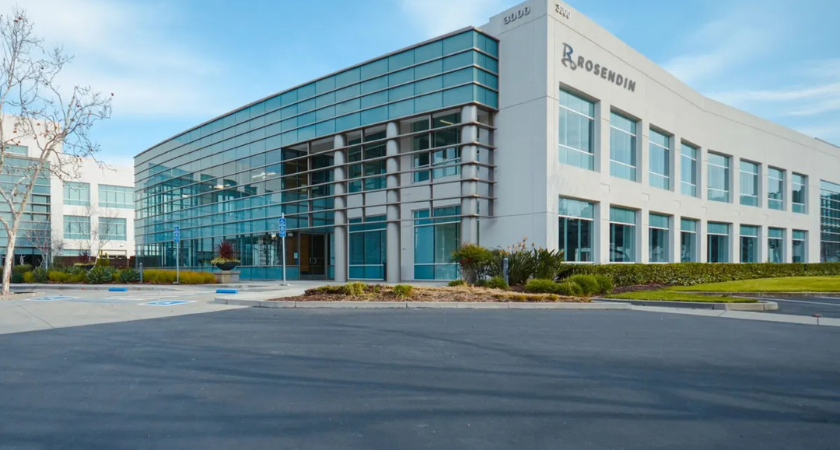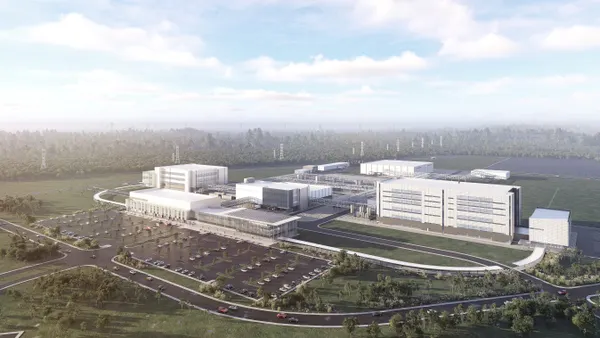
SAN JOSE, Calif. — Electrical subcontractor Rosendin is making a major headquarters move as it prepares for continued growth fueled by rising demand in data centers, renewable energy, and healthcare construction.

The company announced it has purchased a new corporate campus made up of two mirrored, two-story Class A office buildings totaling 130,944 square feet. The buildings, located at 3000 and 3030 Orchard Parkway—about five miles north of Rosendin’s current location—will serve as a centralized hub for its expanding workforce.
According to the Sept. 17 release, the space will allow the company to consolidate teams, improve operational efficiency and enhance collaboration.
“The new campus will enhance collaboration and create a more efficient work environment that supports our employee-owners and the complex projects we deliver for our clients,” said Matt Hisaka, Rosendin’s CFO, in the release.

A company spokesperson told Construction Dive the move also keeps Rosendin well-positioned to recruit top-tier Silicon Valley talent and leverage its proximity to clients in tech-heavy sectors. The new location will support work in data centers, renewable energy and healthcare—three of the firm’s highest-growth markets.
Under CEO Keith Douglas, who assumed leadership in January 2024, Rosendin has seen accelerating expansion. By remaining in its home city, the company continues the legacy that began when Moses Rosendin founded the firm in San Jose in 1919.
The employee-owned contractor has tapped local architecture firm Arc Tec, also based in San Jose, to redesign the office interiors. Plans call for a technology-forward, modern workspace that promotes flexibility, collaboration and innovation.
The timing of the move aligns with a surge in work across the country’s data center market—a sector that shows no sign of slowing down. Across the U.S., megaprojects worth billions continue to break ground, with major contractors racing to secure new opportunities as 2025 approaches.
Rosendin’s leadership sees this move as a strategic advantage in lining up future projects, both locally and nationally.
Originally reported by Matthew Thibault in Construction Dive.